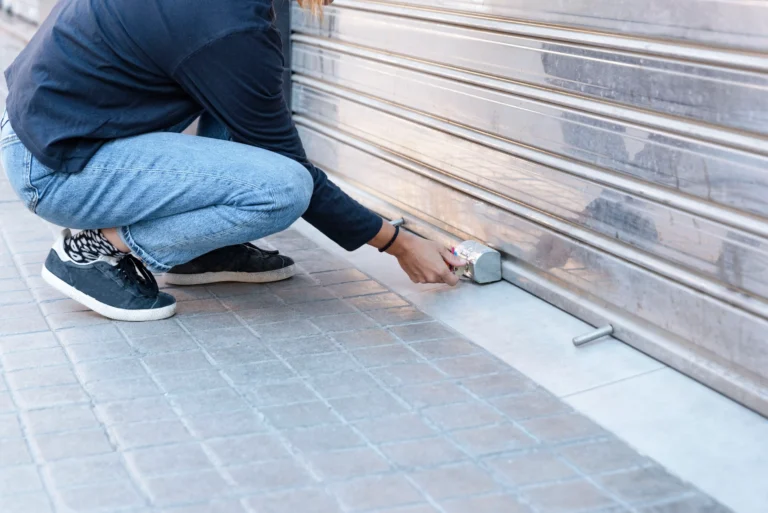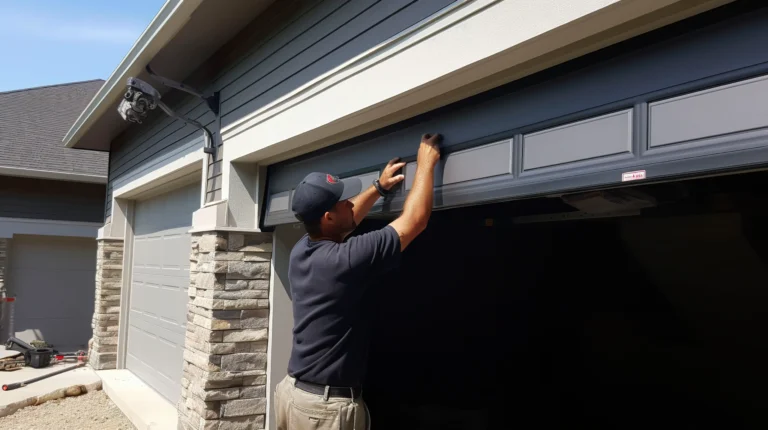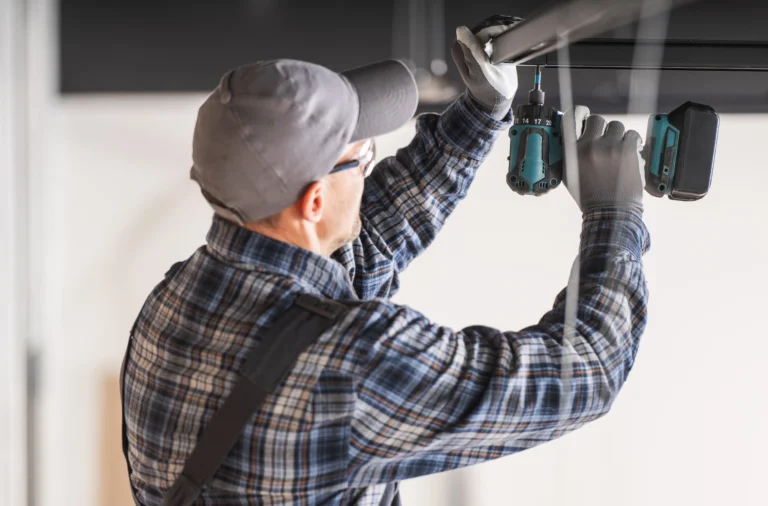Your garage door is one of the most used entrances to your home. Regular maintenance ensures it operates smoothly, safely, and lasts for years. Neglecting it can lead to costly repairs, sudden breakdowns, and security risks. Routine inspections, lubrication, and minor adjustments can prevent major issues. Cleaning and checking the balance, springs, and sensors enhance performance and safety. Investing in annual professional maintenance extends your door’s lifespan and saves money in the long run. Prioritize garage door upkeep for a hassle-free experience!
Why Garage Door Maintenance Matters
A garage door consists of multiple moving parts that experience wear and tear over time. Without regular maintenance, components like springs, cables, rollers, and tracks can become damaged, leading to expensive repairs or even complete system failure. By performing routine checks and servicing your garage door, you ensure that it functions efficiently and remains safe for everyday use.
Key Benefits of Regular Garage Door Maintenance
- Increases Lifespan – A well-maintained garage door can last significantly longer than one that is neglected. Lubricating parts, tightening bolts, and replacing worn-out components help prevent premature wear and tear.
- Prevents Costly Repairs – Addressing minor issues early prevents them from escalating into costly repairs or full door replacements.
- Enhances Safety – A faulty garage door can be a safety hazard. Broken springs, misaligned tracks, or malfunctioning sensors can cause accidents. Routine maintenance ensures your garage door operates safely.
- Improves Energy Efficiency – Proper insulation and sealing reduce energy loss, keeping your garage and home comfortable while lowering energy bills.
- Ensures Smooth Operation – Avoid the inconvenience of a noisy or stuck garage door by keeping all components in good condition.
Essential Garage Door Maintenance Tips
- Lubricate Moving Parts – Apply a high-quality lubricant to the rollers, springs, and hinges to reduce friction and noise.
- Check the Balance – A well-balanced door prevents strain on the opener. Manually test the balance by disconnecting the opener and lifting the door halfway; if it stays in place, it’s balanced.
- Inspect the Tracks and Rollers – Remove debris and ensure rollers move smoothly along the tracks. Replace worn-out rollers as needed.
- Test the Auto-Reverse Mechanism – Place an object under the door; if it doesn’t reverse when closing, the safety sensors may need adjustment.
- Tighten Hardware – Check and tighten all bolts, screws, and brackets to prevent loosening due to frequent use.
- Clean and Inspect Weather Stripping – Damaged weather stripping can lead to drafts and energy loss. Replace if necessary.
When to Call a Professional
While homeowners can perform basic maintenance, certain tasks require professional expertise. If you notice broken springs, frayed cables, or misaligned tracks, contact a garage door specialist to avoid injuries and ensure proper repairs.
Final Thoughts
Regular garage door maintenance is a small investment that yields significant long-term benefits. By keeping your garage door in top condition, you enhance its lifespan, improve safety, and avoid costly repairs. Schedule an annual professional inspection and follow routine maintenance tips to keep your garage door functioning smoothly for years to come.




